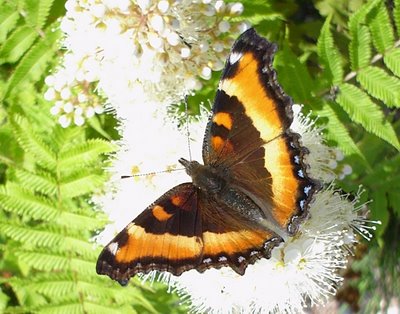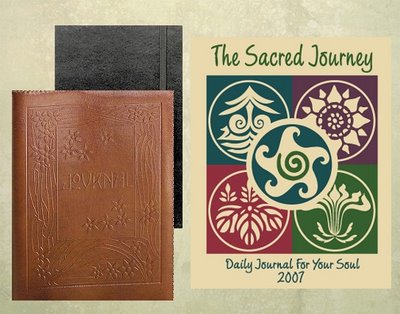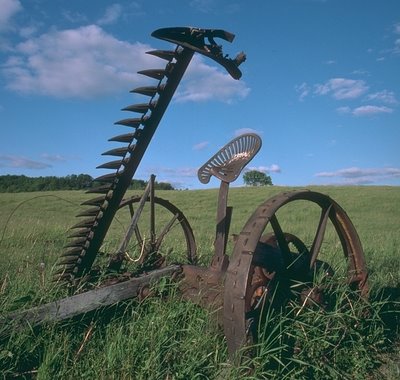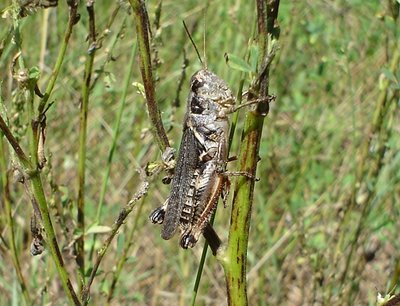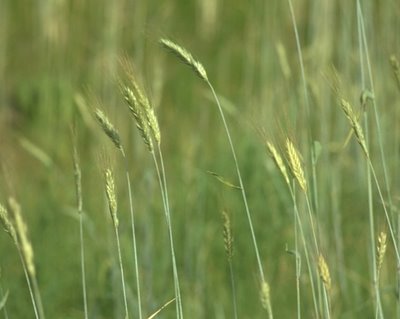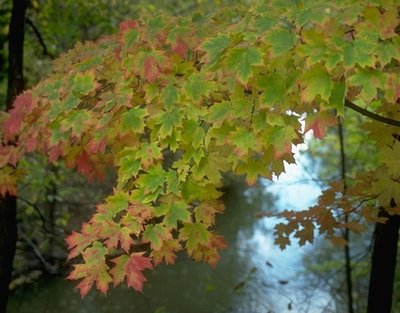 West wind, blow from your prairie nest
West wind, blow from your prairie nestBlow from the mountains, blow from the west.
The sail is idle, the sailor too;
O! wind of the west, we wait for you.
Blow, blow!
I have wooed you so,
But never a favour you bestow.
You rock your cradle the hills between,
But scorn to notice my white lateen.
I stow the sail, unship the mast:
I wooed you long but my wooing's past;
My paddle will lull you into rest.
O! drowsy wind of the drowsy west,
Sleep, sleep,
By your mountain steep,
Or down where the prairie grasses sweep!
Now fold in slumber your laggard wings,
For soft is the song my paddle sings.
August is laughing across the sky,
Laughing while paddle, canoe and I,
Drift, drift,
Where the hills uplift
On either side of the current swift.
The river rolls in its rocky bed;
My paddle is plying its way ahead;
Dip, dip,
While the waters flip
In foam as over their breast we slip.
And oh, the river runs swifter now;
The eddies circle about my bow.
Swirl, swirl!
How the ripples curl
In many a dangerous pool awhirl!
And forward far the rapids roar,
Fretting their margin for evermore.
Dash, dash,
With a mighty crash,
They seethe, and boil, and bound, and splash.
Be strong, O paddle! be brave, canoe!
The reckless waves you must plunge into.
Reel, reel.
On your trembling keel,
But never a fear my craft will feel.
We've raced the rapid, we're far ahead!
The river slips through its silent bed.
Sway, sway,
As the bubbles spray
And fall in tinkling tunes away.
And up on the hills against the sky,
A fir tree rocking its lullaby,
Swings, swings,
Its emerald wings,
Swelling the song that my paddle sings.
E. Pauline Johnson, The Song My Paddle Sings
from Flint and Feather
I've loved this poem by Canadian Mohawk poet E. Pauline Johnson since I discovered it around the age of seven, and while I probably mispronounced many of the words when I read it for the first time, there was such cadence and music in the poem and such joy, that I fell in love with it immediately. I have been carrying a copy in my billfold for many years. Pauline Johnson has always felt like a friend and a sister - what a splendid canoeing companion she would have been, and what remarkable conversations we would have enjoyed.
There are other exquisite poetry offerings to be seen at Poetry Thursday. The theme for this week is "a poem in your pocket".

